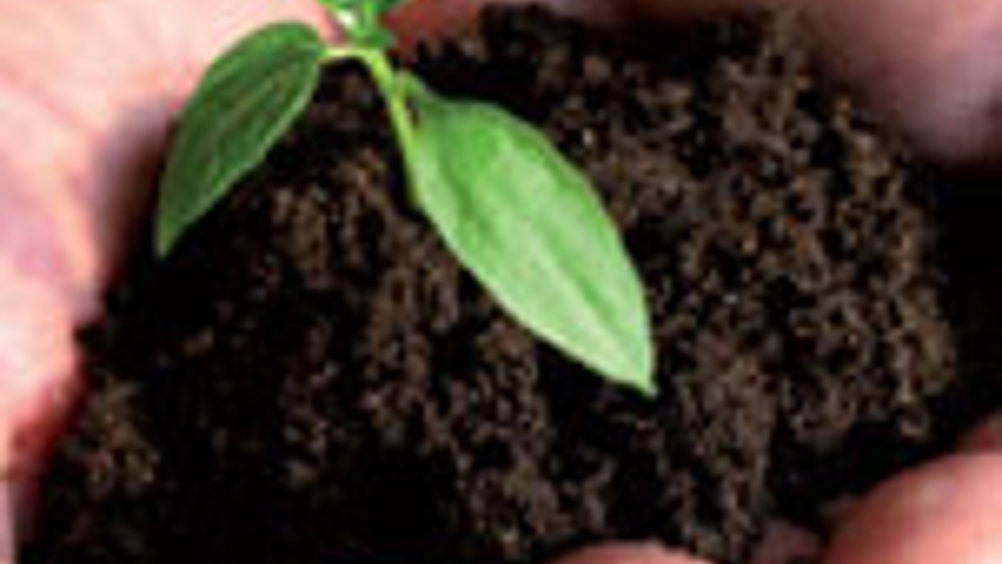Carbon-storing charcoal

Scientists are developing a type of charcoal that can be used to store carbon instead of being burned for fuel.
Researchers at the UK Biochar Research Centre - recently launched at the School of GeoSciences at Edinburgh University - will produce the charcoal from materials such as dead trees, food waste and crop residues. The materials would otherwise produce CO2 and methane as they decayed.
The biochar itself is produced by decomposing waste using heat in a low-oxygen environment, without burning. This produces dark-grey grains of carbon.
Scientists say that the biochar could lock carbon away for hundreds or even thousands of years, preventing the release of CO2 into the atmosphere.
Unlike ordinary charcoal, it is not intended for use as fuel. The charcoal is intended to be added to soil, where it could also potentially improve crop yields.
Its use by farmers, foresters and local governments could help reduce overall CO2 emissions. It could also save money by reducing the need for plant fertilisers.
Register now to continue reading
Thanks for visiting The Engineer. You’ve now reached your monthly limit of news stories. Register for free to unlock unlimited access to all of our news coverage, as well as premium content including opinion, in-depth features and special reports.
Benefits of registering
-
In-depth insights and coverage of key emerging trends
-
Unrestricted access to special reports throughout the year
-
Daily technology news delivered straight to your inbox










Breaking the 15MW Barrier with Next-Gen Wind Turbines
Hi Martin, I don´t have any detailed parameters for the 15MW design other than my reading of the comment in the report ´aerodynamic loads at blade-tip...